Former Member of Parliament and leader of the Pivithuru Hela Urumaya (PHU), Udaya Gammanpila, has raised alarms over Sri Lanka’s potential inclusion in an “Undivided India” following a security agreement with India.
In a recent statement, Gammanpila warned that this agreement could lead Sri Lanka to become a part of India’s larger geopolitical ambitions, particularly the vision of an “Akhand Bharat” or “Undivided India”.
Gammanpila, who has long been a vocal critic of foreign influence, pointed out that no other Sri Lankan leader, including past Prime Ministers such as S.W.R.D. Bandaranaike, Sirimavo Bandaranaike, or Presidents J.R. Jayewardene and Mahinda Rajapaksa, had ever entered into such a security pact with India.
He argued that these leaders had a strong understanding of global political trends and national security, and they refrained from aligning Sri Lanka too closely with any one global power during the Cold War era.
“Prime Minister Sirimavo Bandaranaike and Presidents Mahinda Rajapaksa and Gotabaya Rajapaksa were wise enough to recognize that taking sides in the global power struggle would threaten Sri Lanka’s sovereignty and security,” Gammanpila pointed out.
He also recalled how Prime Minister Bandaranaike had abrogated an agreement with Britain regarding air and naval bases, further demonstrating a commitment to Sri Lankan independence.
The PHU leader emphasized that Sri Lanka’s long-standing neutrality was vital for its national security, especially in light of the shifting power dynamics between China and India, which are expected to dominate the global stage by 2050.
He noted that with the growing influence of India, particularly through alliances such as the Quad (formed by the United States, India, Japan, and Australia), Sri Lanka should maintain its independence rather than entangling itself in any security agreements.
Gammanpila also pointed out that Sri Lanka’s history is rife with instances of external interference, particularly from India.
He claimed that out of 26 invasions Sri Lanka suffered over the past 2,600 years, 17 came from India.
According to him, India’s current objective of forming an “Akhand Bharat” would require Sri Lanka’s integration into this expanded vision, a notion he found deeply concerning.
Gammanpila also reflected on Sri Lanka’s past struggles, specifically referencing the JVP uprising, which opposed Indian expansionism.
He suggested that if Sri Lanka had aligned with India’s expansionist ambitions earlier, the country might have avoided the loss of 83,000 lives during the conflict.
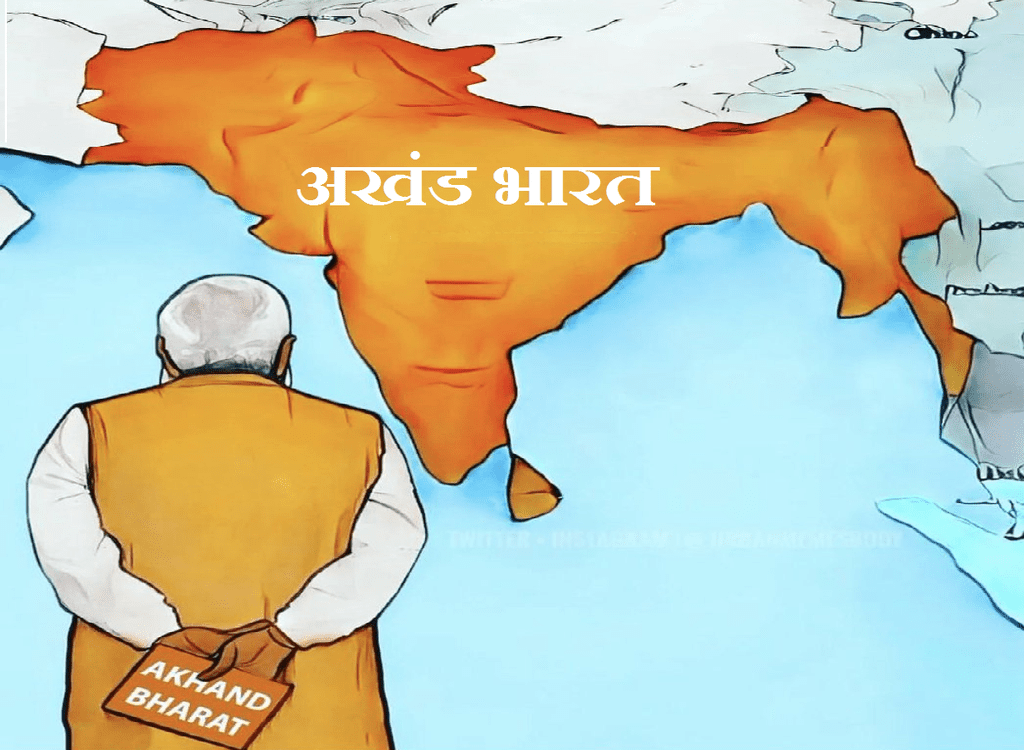
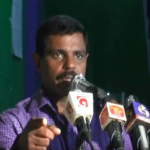






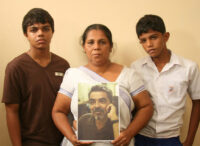
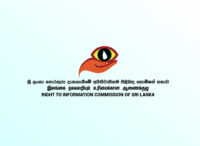
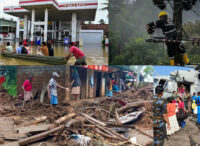
Leave a comment